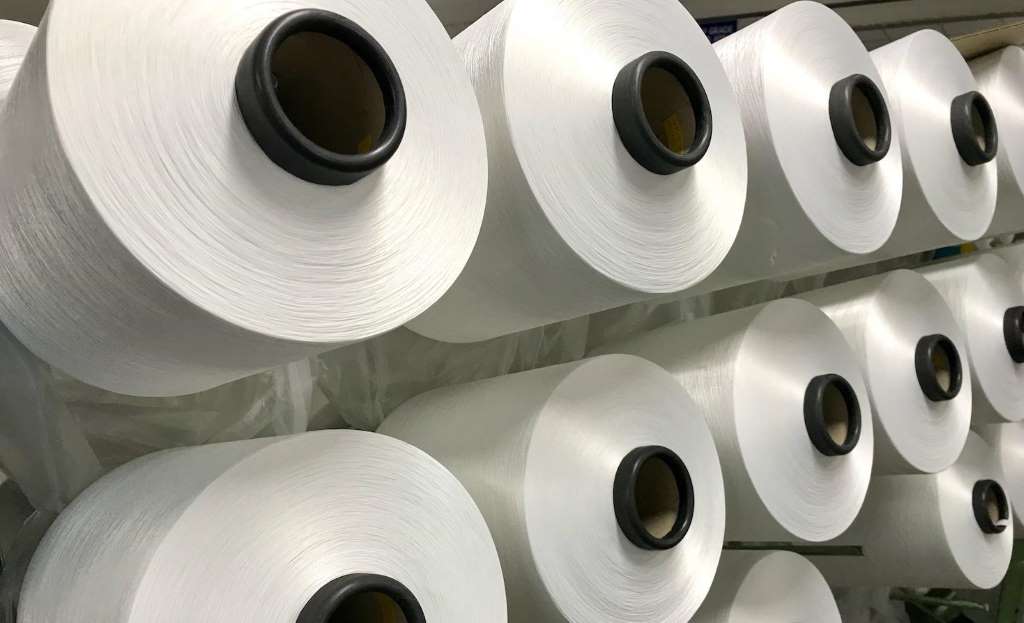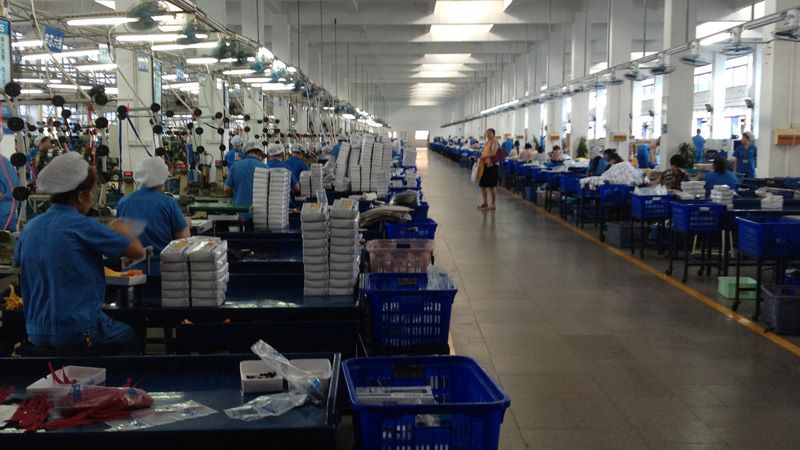"Birla Cellulose becomes one of the first viscose staple fibre producers to earn the US Department of Agriculture (USDA) Certified Biobased Product label for its products as well as to complete the audit conducted by the Rainforest Alliance. As in recent years, fashion as an industry is blamed to have emerged as a rapidly growing sector using forests for fabrics such as viscose, modal, lyocell and other trademarked textiles by destroying vibrant forest ecosystems, those are critical for maintaining species diversity, a stable climate and freshwater systems."

Birla Cellulose becomes one of the first viscose staple fibre producers to earn the US Department of Agriculture (USDA) Certified Biobased Product label for its products as well as to complete the audit conducted by the Rainforest Alliance. As in recent years, fashion as an industry is blamed to have emerged as a rapidly growing sector using forests for fabrics such as viscose, modal, lyocell and other trademarked textiles by destroying vibrant forest ecosystems, those are critical for maintaining species diversity, a stable climate and freshwater systems. “We applaud Grasim Industries Ltd., for earning the USDA Certified Biobased Product label," said Kate Lewis, USDA BioPreferred Program. “Products from Grasim Industries Ltd., are contributing to an ever-expanding marketplace that adds value to renewable agriculture commodities, creates jobs in rural communities, and decreases our reliance on petroleum.”

“This audit of Birla Cellulose’s current supply chains confirms that the risk of sourcing wood from ancient and endangered forests or other controversial sources is low risk, which is an industry leading result. Congratulations to Birla Cellulose, who today, have taken a significant step forward in fulfilling thecompany’s CanopyStyle commitments with the release of these industry-leading audit results”, said Nicole Rycroft, Canopy’s Executive Director. “These audits are a key milestone on the CanopyStyle path to ending the use of endangered forests in fabric and a critical tool for Canopy and our 100 brand partners in assessing risk and tracking innovation within the rayon - viscose supply chain.”
Birla Cellulose , part of Grasim Industries Ltd, is a flagship company of Aditya Birla Group, that has– Birla Viscose, Birla Modal & Birla Excel as its products.
The need of the hour
Progressing conservation solutions that benefit local communities, species, the world’s climate and intact forests are drivers behind the work of Canopy and the Rainforest Alliance. “Birla Cellulose announced our wood sourcing policy with Canopy just over two years ago to reinforce our company’s long-standing commitment to sustainability and responsible sourcing. The verification audit confirms the sustainability and transparency of our certified wood and pulp sourcing,” said Dilip Gaur, Business Director, Aditya Birla Group, Pulp and Fibre. “We welcome the CanopyStyle Audit assessment and look forward to further strengthening our performance. We will continue to invest in new technology to support our long-term focus of reducing our environmental footprint, and continuing transparency to our customers”. Rajeev Gopal, Chief Marketing Officer, Birla Cellulose, further said, “This certification reconfirms the natural origin of our products & will enhance the confidence of the value chain players in delivering biobased products.”
The significance of the process
Third-party verification for a product's biobased content is administered through the USDA BioPreferred Programme. One of the goals of the BioPreferred Program is to increase the development, purchase and use of biobased products. The USDA Certified Biobased Product label displays a product's biobased content, which is the portion of a product that comes from a renewable source, such as plant, animal, marine, or forestry feedstocks. Utilising renewable, biobased materials displaces the need for non-renewable petroleum based chemicals. Biobased products, through petroleum displacement, have played an increasingly important role in reducing greenhouse gas emissions that exacerbate global climate change. Biobased products are cost-comparative, readily available, and perform as well as or better than their conventional counterparts.
Key results of the audit
Key findings of Birla Cellulose’s audit include:
• Current Birla Cellulose fibre supply chains are confirmed as low risk for sourcing from ancient and endangered forests or other controversial sources
• A comprehensive understanding of their supply chain structure and the geography of all dissolving wood pulp manufacturers
• A strong commitment to the company policy to avoid sourcing from ancient and endangered forests.
Improving sustainability from Forest to Fashion
Moving forward, the company intends to further improve sustainability from Forest to Fashion by undertaking steps including:
• Continue to advance research and development on new technologies of recycled and alternate fibres
• Support conservation solutions in the world’s ancient and endangered forests
• Ensure all Birla Cellulose owned mills and its wood suppliers continue to maintain their own independent 3rd party certification systems
• Build on Birla Cellulose’s existing chain of custody systems and certified material sources.
These audits are a key tool to support improved performance on these commitments and are conducted annually. Audit findings contribute to CanopyStyle’s Hot Button Issue Report, which assesses viscose producers’ overall performance on forest conservation, advancements on developing fabrics made from recycled fabrics and alternative fibres, and sourcing transparency.












